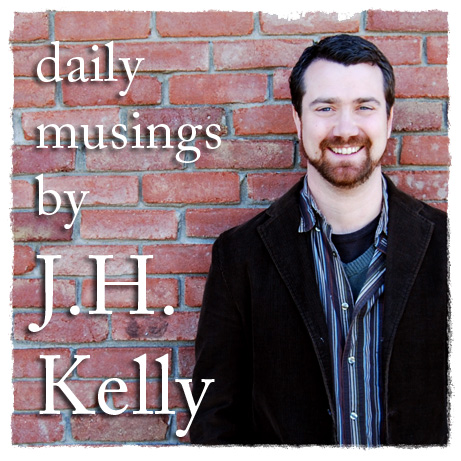“When I shut up the heavens so that there is no rain, or command locusts to devour the land or send a plague among my people, if my people, who are called by my name, will humble themselves and pray and seek my face and turn from their wicked ways, then I will hear from heaven, and I will forgive their sin and will heal their land. (2 Chronicles 7:13,14)
This is one of the more frequently quoted promises in the bible, but perhaps one of the least obeyed. The first thing that offends the average reader who takes this promise in it’s context is what proceeds the if/then proposition. God purposefully withholds rain, sends devouring locusts and plagues among his people? Can a God of love do that? Depends on your definition of love. Is it love to allow a people who are meant to represent the character and nature of God to shed innocent blood, to deprive the poor, the orphan and the widow of justice, to charade as righteous when oppressing the weak for the sake of greed and pleasure, failing to seek God’s counsel in all of their endeavors but rather relying on their own wisdom and strength and not bring them to account? God disciplines those he loves (Proverbs 3:11,12; Hebrews 12:5-11; Revelation 3:19).
Unfortunately, the prescribed remedy spelled out so clearly in this passage so rarely happens when the above scenarios are experienced by God’s people. In days of old, pagan fertility deities were often sought instead of YHWH as a means of currying favor on crops. Today if there is drought or locusts we will blame “climate change” before we blame ourselves and our wicked ways. If plagues break out we will concoct new vaccines and seek new medical discoveries before we seek the face of God. Why is the above promise so quoted yet so little heeded? I think it comes from an identity crisis that stems from a love of comfort and a lack of willingness to look at and love the truth. The fact is, people really like their wicked ways.
“If my people who are called by name” – This promise, in it’s context, is given to those who had been called out of slavery to become a nation when God spoke to Moses through a burning bush declaring His name to be YHWH, “I am that I am.” God would declare the deeper meaning of this name to Moses as pointing to God’s character in Exodus 34:5,6:
“Now the Lord descended in the cloud and stood with him there, and proclaimed the name of the Lord. And the Lord passed before him and proclaimed, “The Lord, the Lord God, merciful and gracious, longsuffering, and abounding in goodness and truth, keeping mercy for thousands, forgiving iniquity and transgression and sin, by no means clearing the guilty, visiting the iniquity of the fathers upon the children and the children’s children tot he third and fourth generation.”
This is the God they were to display by their words and deeds to the nations around them. When Jesus arrived, mercy was not triumphing over judgment, grace and truth had been obscured by the traditions of men, and iniquity was cleverly cloaked by religious ritual but still very much alive and well. For more ruminations on God’s name, see my earlier entry, Day 53: What’s in a name? But the point I want to make here is that as God’s people we are to represent his heart, character and ways to those searching for the One who put the breath in their lungs.
In context, God’s people, called by His name are the people of Israel. The meaning of “Israel”, the name which Jacob received after wrestling all night with God (Genesis 32) is much debated. “Prince with God” or “Struggles with God” or “Overcomer” are all possible ways to understand this patriarch’s new appellation. Any of the above would be fitting litmus tests of the nations spiritual condition. The echoes from the story of Jacob’s sweaty sleepless night to God’s promise to Solomon in this passage are many. Jacob would not let go until he received the blessing. He encountered God face to face and named the place “Peniel” meaning “the face of God.” He would be humbled in the process and would walk with a limp. When God gives the conditional promise to Solomon at night, he is in essence saying, “Do the Genesis 32 thing and you will have my blessing”
As Christians, we even more overtly bear his name as the word “Christian” literally means “little Christ”s. Do we live up to what we call ourselves? “Christ” means anointed one. Are we anointed with God’s power to preach good news to the poor, to set the captives free, to heal broken hearts, open blind eyes and proclaim the year of the Lord’s favor? (Luke 4:18) Do we have a form of godliness but deny it’s power (2 Timothy 3:5)? When the world looks at our lives do they get a taste of our Messiah? If not, then it is time to either change our name or change our ways. My prayer is that we all choose the latter.
[…stay tuned for day 70, in which I will break down the rest of this verse…]


